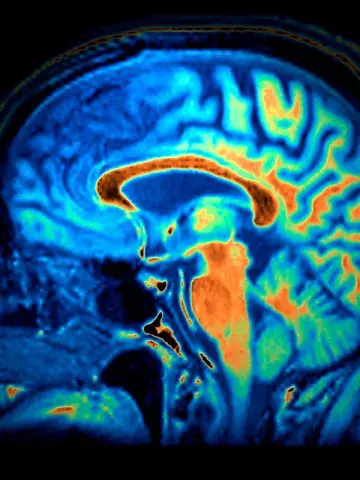Dementia diagnosis and self-harm: need for early mental health support
By Melanie Hinze
Mental health supports should be offered to people soon after a dementia diagnosis to help prevent self-harming behaviours, an Australian researcher has told Medicine Today.
Associate Professor Simone Reppermund, UNSW Scientia Associate Professor within the Discipline of Psychiatry and Mental Health at UNSW Sydney, was the study leader and senior author of research published recently in Alzheimer’s and Dementia that looked at risk factors for self-harm in people living with dementia and risk factors for dementia in people with a diagnosis of self-harm.
The authors used linked hospital data from New South Wales to define two cohorts of people aged over 40 years. The first was people without a history of self-harm who were diagnosed with dementia between July 2001 and December 2014 (n=154,811; the dementia cohort). The second was people without a history of dementia who had a diagnosis of self-harm between January 2005 and December 2014 (n=28,972; the self-harm cohort). In the dementia cohort, 652 went on to self-harm; in the self-harm cohort, 870 had a later diagnosis of dementia.
The authors found that men and people with complex psychiatric profiles were most at risk for self-harming behaviours following a dementia diagnosis, and men who had self-harmed were most at risk of dementia.
Self-harm occurred most often within 24 months of a dementia diagnosis, and, similarly, dementia diagnoses occurred most often within 24 months of an initial self-harm presentation.
Other findings were that people with dementia who self-harmed tended to be younger at their initial dementia diagnosis than those with no record of self-harm. Furthermore, although more women were hospitalised with dementia, and more women had a hospitalisation for self-harm, more men were hospitalised for both dementia and self-harm at separate time points.
‘There is not enough information and understanding about the association between dementia and self-harm in older people,’ Associate Professor Reppermund said.
‘Given the growing ageing population and the quite high prevalence of dementia and also self-harm, particularly in those who have other health problems, it has really significant implications on planning and equipping health services to meet the needs of affected individuals,’ she added.
Associate Professor Reppermund concluded that as the peak for self-harm occurred around six months after a dementia diagnosis, mental health supports should be offered very soon after this diagnosis.


